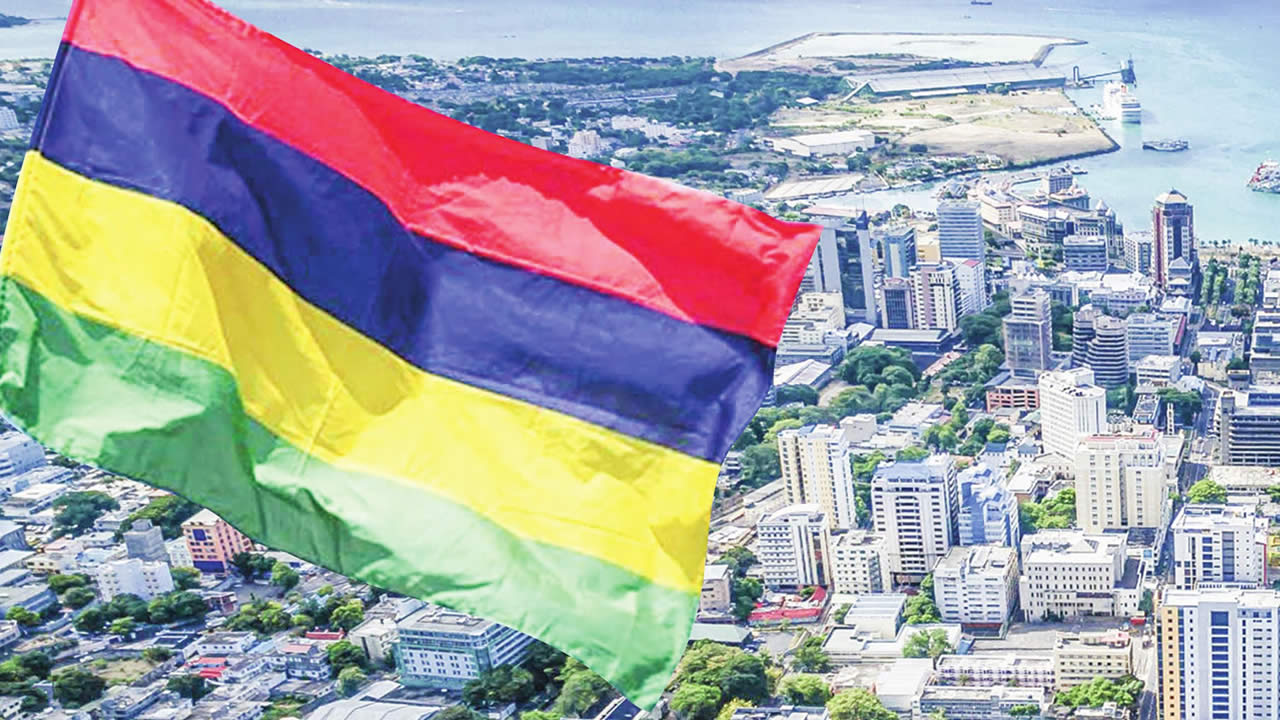
Over the past 51 years, Mauritius has come a long way from a single-led economy to a diversified one. The pathway was topsy-turvy with economic crises and economic booms. Today, an upper middle income economy, Mauritius has been able to consolidate its position in the African region. What’s next? In a global world characterized by competitiveness, what is the future of Mauritius?
Since its Independence, Mauritius has never stopped growing through diversification. From being dependent on the sugar cane industry, today we have move beyond to manufacturing, tourism, ICT and finance sectors. The aim is to establish Mauritius as a high-income country by 2030. But back to reality, some of our sectors are facing a real crisis, such as the cane industry and the manufacturing sector. Experts in the different areas believe that Mauritius has a promising future in most of the sectors if the right measures are taken at the right time.
Economic Evolution - Pierre Dinan : “The future resides in diversification”
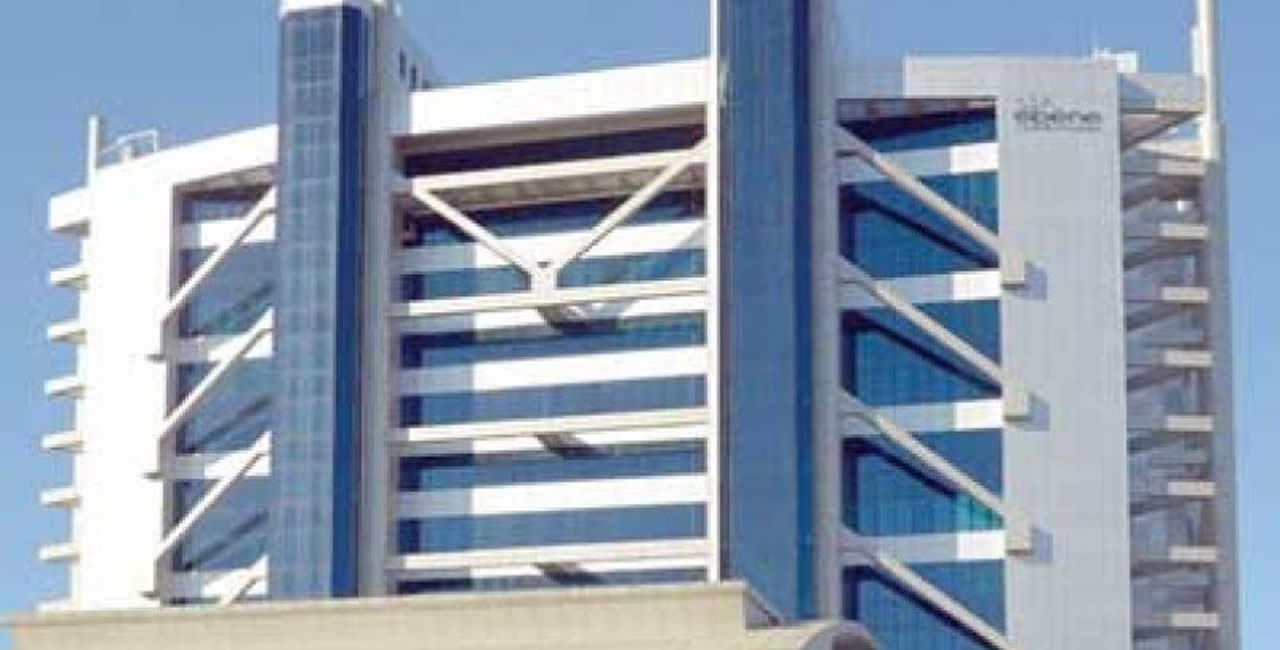
From the time our country obtained its Independence, Mauritius started to build its prosperity mainly on two sectors - agriculture and manufacturing, says Pierre Dinan, economist. “Our first industries were functioning very well for a long time. Later came the textile industries, that created another history of economic development. In parallel, the tourism industry started to pick up with the opening of various hotels across the island.”
He avers that as from 1990, there was the emergence of financial services and telecommunication. “After 50 years now, the story is no more as appealing and beautiful. Nothing is free in this world. We should not believe that everything is set and all will be operating smoothly. We should continue to work harder in all our sectors. The future resides in the diversification of products in those sectors.”
Referring to tourism, he indicates that we cannot just rest on our laurels. “We are surrounded by competitors. So, what do we offer that others do not offer? Just focusing on the hotel industry will not change anything. We need to bring diversification and use our rich culture.”
Additionally, he says that our finance sector is in difficulty due to various regulations put by an international organization and hence, we have no choice than to adapt. For the ICT sector, which is becoming another important pillar, he points out that the opportunities are here for the future but we need talented young people in this sector. “We need to have talents to create robots in Mauritius and stir innovation in this industry.”
Cane and Agriculture - Jacqueline Sauzier : “Predicting a future is complicated”
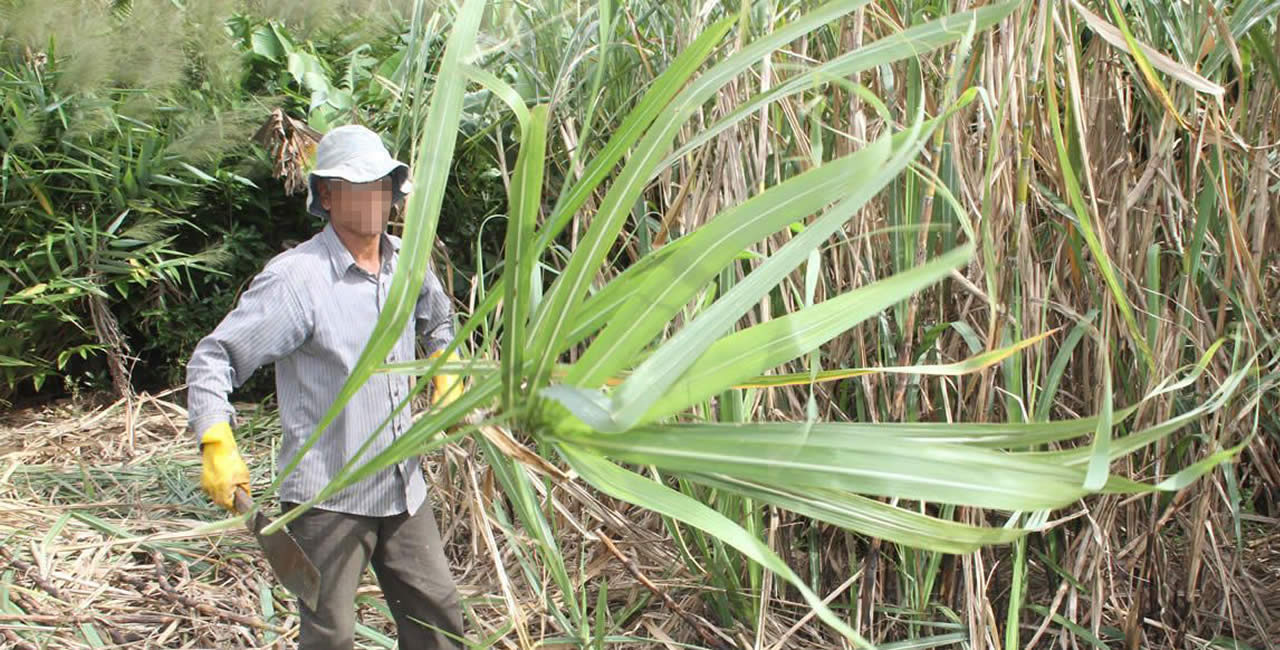

General Secretary of Chamber of Agriculture, Jacqueline Sauzier highlights that questioning the future of the cane industry at this moment is difficult because the sector is already going through a serious crisis. “It is difficult to pronounce for the future, seeing the current status. Stakeholders are uncertain about the future. The cane industry today does not count only for sugar but it comprises bagasse, alcohol, ethanol and the production of electricity as well. The policy makers should review the whole model of the industry.”
When asked about the future of agriculture, she asserts, “The future lies in the agro ecology. For agriculture, we have no other option than to produce. But we need to change the model and move towards agro-ecology.”
Ocean Economy and Fisheries - Dr Ranjeet Bhagooli : “The Ocean Economy needs gearing up”
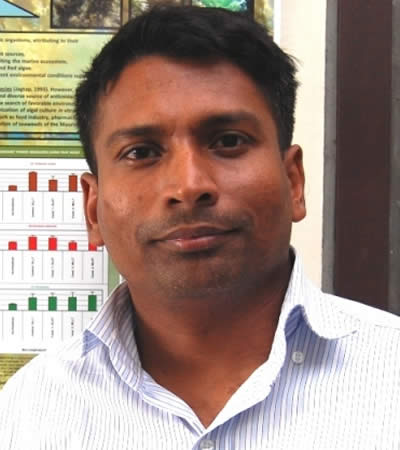 Associate Professor Dr Ranjeet Bhagooli states that the future of Ocean Economy in Mauritius hinges on the level of commitment of concerned stakeholders; investment for sustainable development with due consideration to harmonisation and integration of the marine environment, economy and society; and mainstreaming of processes encouraging an appropriate business environment. “There is need to foster adequate and appropriate scientific research-led decision making for ocean-based businesses to emerge and flourish to its fullest extent. Most importantly, our nation needs to be educated, both through formal and informal modes of education about our ocean, so as to be able to direct our people and efforts towards better understanding our ocean and the sustainable and equitable use of our marine resources.”
Associate Professor Dr Ranjeet Bhagooli states that the future of Ocean Economy in Mauritius hinges on the level of commitment of concerned stakeholders; investment for sustainable development with due consideration to harmonisation and integration of the marine environment, economy and society; and mainstreaming of processes encouraging an appropriate business environment. “There is need to foster adequate and appropriate scientific research-led decision making for ocean-based businesses to emerge and flourish to its fullest extent. Most importantly, our nation needs to be educated, both through formal and informal modes of education about our ocean, so as to be able to direct our people and efforts towards better understanding our ocean and the sustainable and equitable use of our marine resources.”
He argues that some progress is evident, for instance through the introduction of ‘O’ and ‘A’ levels Marine Science in the secondary schools along with efforts from relevant Authorities/Ministries and NGOs in raising awareness on our marine/oceanic resources. “The tertiary sector hasn’t been merely watching but has chipped in their share of responsibilities via delivery of Marine Science courses of international standards to our students, the future leaders and users of marine resources. However, there is room for further improvements. One may be tempted to propose introduction of Marine Science as a subject at grades 7 to 9.”
He further adds that “grooming and inculcating the young brains of this country will indubitably yield in a possible change in mindset of the future generation, which in due course could help encourage looking at our ocean resources differently and potentially direct more efforts in sustainably utilizing them. Thus, the future of the Ocean Economy in Mauritius appears very promising if one were to appropriately and adequately gear up and equip the country with the relevant tools and knowledge within an enabling business environment framed by good marine environmental protection approaches and legislation.”
Deepeeka Kaullysing: “Potential development may be expected”
Marine Science lecturer at the University of Mauritius, Deepeeka Kaullysing explains that a healthy marine environment is essential for successful and sustainable development of fisheries and marine culture in any part of the world. “Investments in these sectors require careful and wise undertakings based on the carrying capacity of the waters of the Republic of Mauritius. Well-considered policies and regulations will entail an environment that fosters efficiency, efficacy and further technological and innovative advances in such a way that it optimizes the resources being utilised in in a sustainable manner, while stricter regulations on uncontrolled or illegal fishing practices could be further reinforced. Potential further development in the near future may be expected in the sea food processing and marketing sectors.”
Manufacturing sector - François de Grivel : “There is need for a revival”
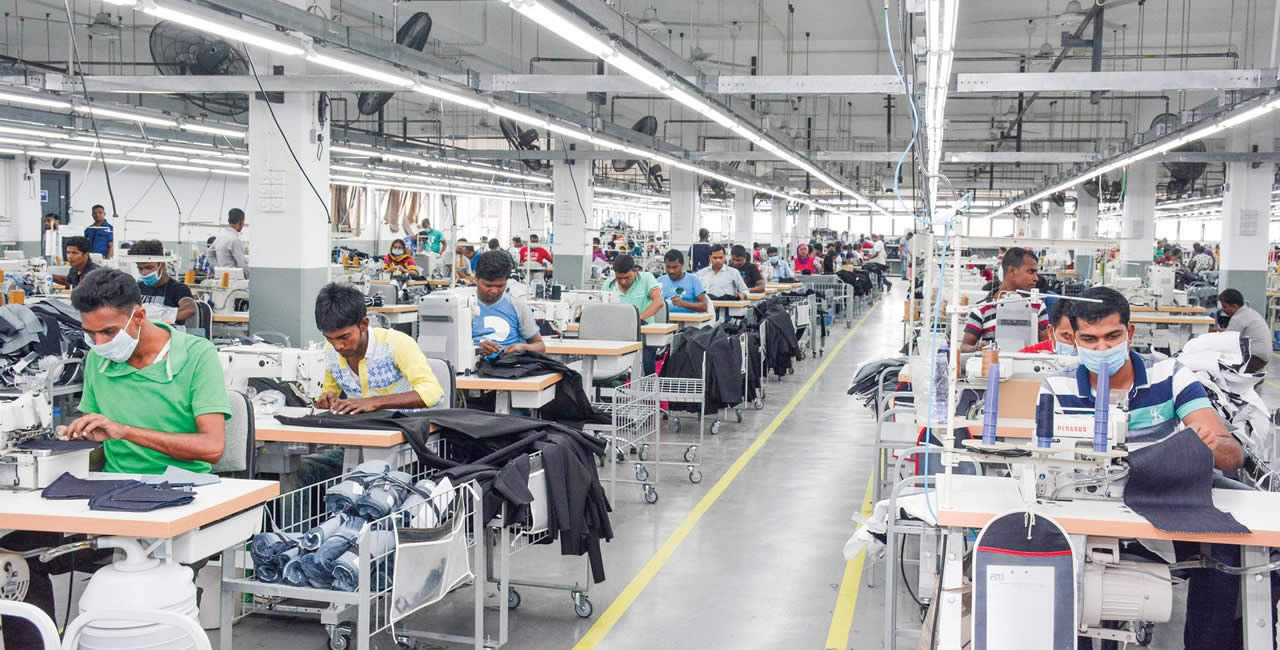
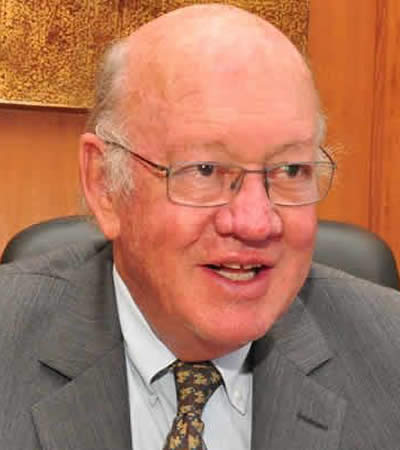
Economic observer François de Grivel is very optimistic for the future of Mauritius in the manufacturing sector. “With the correct initiatives from the Government and authorities like the Economic Development Board, Mauritius can overcome the current obstacles. The future is a certain one but all we need is motivation and encouragement.”
François de Grivel explains that the manufacturing industry of Mauritius comprises both textile and non-textile activities and since years now, the contribution to GDP has also decreased. “There is need for a revival for our manufacturing industry. Our manufacturing industries employs more than 100,000 people and hence, the necessary steps must be taken to consolidate this industry. Nevertheless, focus should also be on the new areas like medical device and aeronautical equipment. There should be diversity in manufacturing.”
Besides, he states that for the future to be brighter, it is important for Mauritius to now put more emphasis on technical training and expertise. “For the manufacturing industry to take a boost, we need to emphasize on the technical education of our young people. If we have enough technical expertise, we can develop the sector further. We need to innovate in our products in order to be successful. Also, we need to rebrand our local products as well.”
Tourism - Sen Ramsamy : “It could be more effervescent”
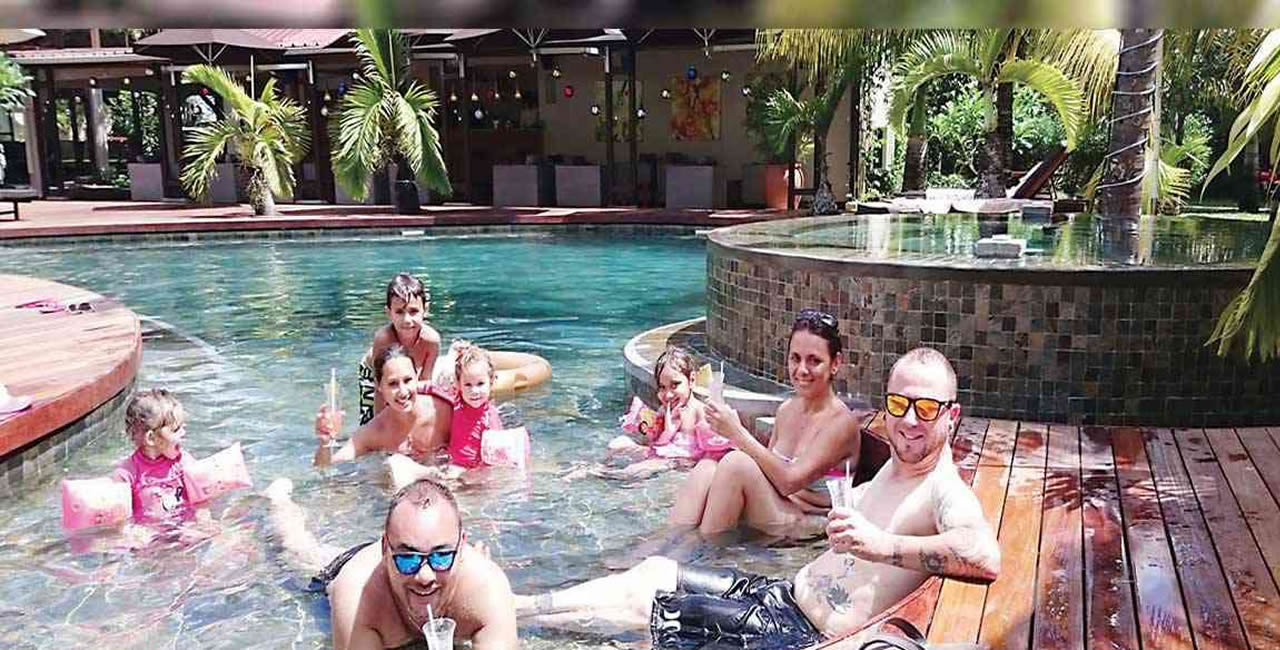
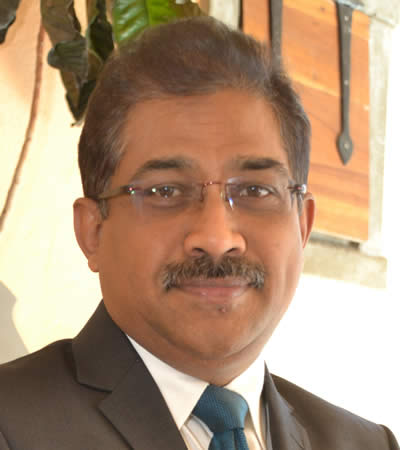
Managing Director of the Tourism Business Intelligence, Sen Ramsamy claims that the future of tourism in Mauritius could be more effervescent and flamboyant if there was a strong leadership for the sector, a far-sighted vision and a more intelligent tourism strategic plan. “There is no shared vision for tourism at present, and every stakeholder seems to contend working in his own silo, in the absence of synergy, coherence and audacity of actions. At the risk of repeating myself, if we could incite the 1.5 million visitors in 2019 to spend at least Euros 200 per day, which is far from excessive, and that includes hotel accommodation, food and drinks, transportation, excursions, shopping, spa by an affluent clientele in a so-called high end destination, then Mauritius should reap nearly Rs 125 billion in 2019, compared to a current revenue estimates of Rs 67 billion only for the year.”
If we could create such a momentum for tourism, the outcome by 2030 would be colossal in terms of foreign exchange earnings, employment, value added, multiplier effects and more, he says. “Employment in tourism is stagnating for years, and yet there are plenty of opportunities for women and our youth to embark on a fruitful career in tourism. There is no point suggesting ideas, development strategies and innovation when the main considerations seem to be “government decides,” “family first” and “friends always.” All countries that have succeeded socially and economically are those that demonstrate maturity, openness, intelligence and vision. These are lacking in Mauritius.”
He argues that Mauritius should be made a land where our young brains are not pushed towards searching for greener pastures overseas or staying there after their studies. “Modern tourism is centered on personal experience, adventure and interactions with the host population. In Mauritius, there is hardly any inland facility for harmonious visitor-host interactions and higher spending. Most of the guests are confined within the four walls of the hotels, especially with the All-In packages. This means huge missed opportunities for the Mauritian economy, the local entrepreneurs and our youth.”
We are a small island and yet there is no equitable distribution of tourism benefits across the nation, he adds. “To have sound development strategies, there should be an inspiring leadership, shared vision, and a more professional approach to tourism development. Where family considerations, petty-mindedness and ego predominate, there will be no socio-economic progress. It will be a ‘mirage’ with the scorching heat underneath. It is but high time for Government to realize that the physical presence of 1.5 million or more foreigners per year on the island represents a huge reservoir of wealth that should be intelligently tapped using good business flair and clairvoyance. The missing links are leadership, vision and audacity for tourism tomorrow.”
Financial Services - Vineet Jugessur : “Positivity ahead for this sector”
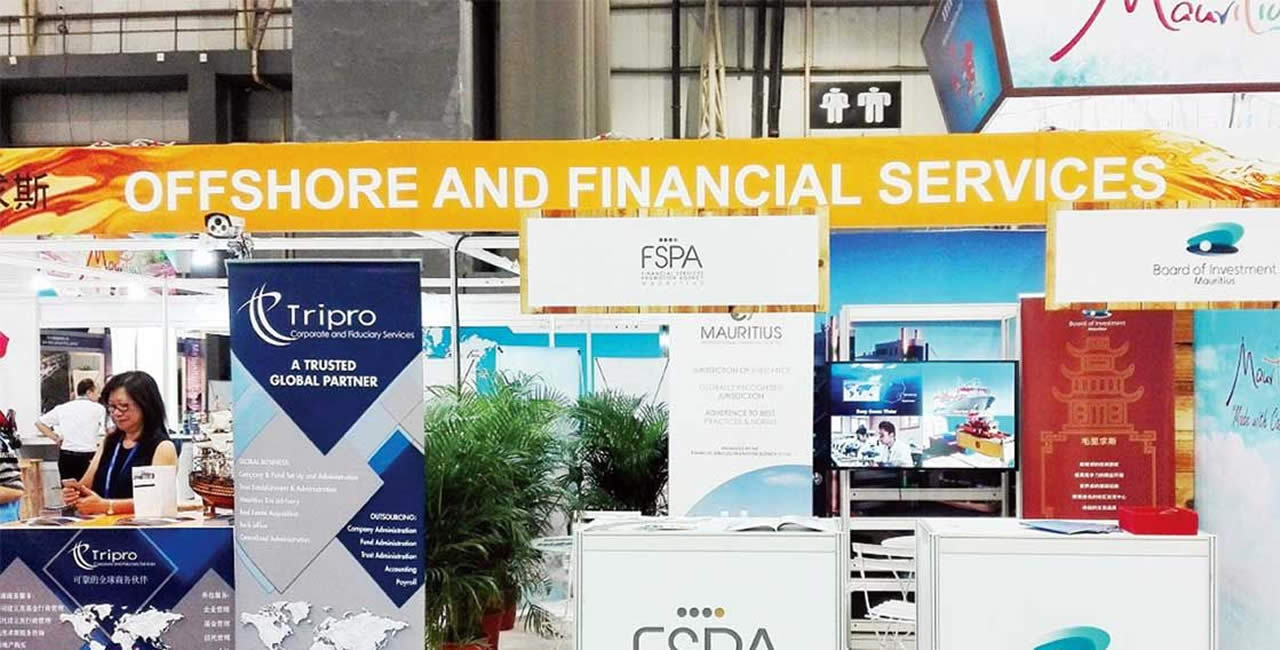
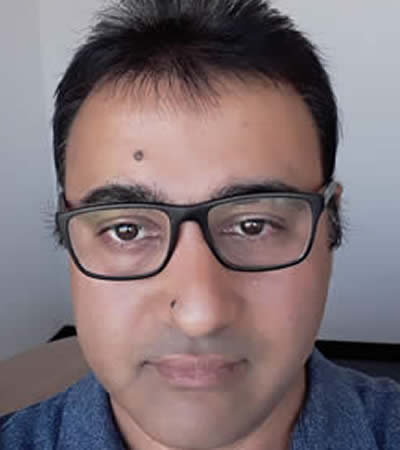
Financial expert Vineet Jugessur explains that the Financial Sector comprises of the global business, insurance, banking, securities and asset management. Over the past few years, this sector has proved to be a substantial pillar of the Mauritian economy and contributes around 12% to the country’s GDP. “The total investment in the sector amounted to Rs 2.3 billion in 2017, and some Rs 1.8 billion was expected to be invested in 2018. Moreover, in 2018, the Financial and Insurance Activities sector employed over 13,500 employees.”
He affirms that the future of financial services in Mauritius is positive, especially that it is supported by the Government’s determination to make Mauritius a world class International Financial Centre (IFC), where transparency, good governance and adherence to internationally agreed standards and best practices form part of the culture and work ethics. “Over the past few years, Mauritius has been assessed by a number of organizations, namely IIAG, World Bank Group, Moody’s. It must be noted that in all of these assessments, Mauritius has earned positive ratings hereby placing the Mauritius IFC in a very strong position. Recently, Mauritius has received an overall compliant rating per the findings of the OECD’s Global Forum on Transparency and Exchange of Information for Tax Purposes.”
For him, these favorable ratings have enhanced the international investor’s trust in our jurisdiction. It is of upmost importance to sustain this trend for the future as investors choose Mauritius because of the stability in its Political, Economic, Social and Technological spheres. “Additionally, Mauritius also offers a fine pool of professionals in different fields, backed by a perceived mature and independent legal system. In its Blueprint for Vision 2030, the Government’s vision is to establish and sustain Mauritius as an ethical centre of excellence for business and investments, which will be carried in all fairness, transparency and accountability.”
With a number of new entrants in the global financial market, whilst this has made the environment highly dynamic, the degree of competition internationally has also increased, he adds. “In order to survive and remain competitive, Mauritian Financial Services sector will have to remain unceasingly alert, and at the same time ensure all operators in the sector adhere to compliance and standards. The Government will have to continuously invest in a high profile of local qualified professionals, and also consider importing expatriate professionals to enhance knowledge sharing. Due to increasing competition, the sector might also experience challenges in both growing its portfolio of international clients and retain existing ones. In order to remain globally competitive, a lot of efforts will have to be devoted to ensure service is delivered at a high level of quality to businesses and investments, bounded by good corporate governance.”
Dr Heman Mohabeer : “The future looks promising”
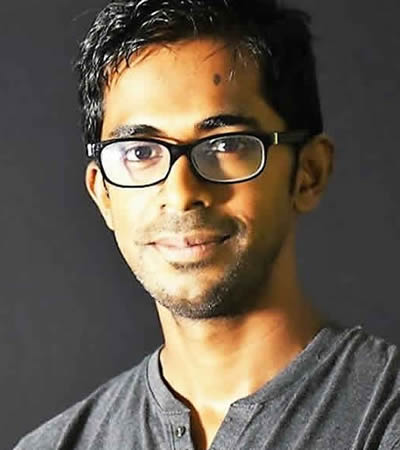 AI and IT expert Dr Heman Mohabeer states that the future of AI and IT depends mostly on how the IT Minister intends to unfold the plan with regard to implantation and adoption of these technologies. “These technologies will most definitely be vital if we want to become more competitive as a hub. I believe that AI will reshape our technological landscape over the next five years.”
AI and IT expert Dr Heman Mohabeer states that the future of AI and IT depends mostly on how the IT Minister intends to unfold the plan with regard to implantation and adoption of these technologies. “These technologies will most definitely be vital if we want to become more competitive as a hub. I believe that AI will reshape our technological landscape over the next five years.”
The future looks promising given the potential of AI, he points out. “Many countries have already adopted AI and are bearing the fruits of its capabilities. In Mauritius, despite slow adoption, I believe that once we get the momentum, going there will definitely be a significant change in the IT landscape. So, AI has a definite future, as we don’t have any choice but to catch the train. We are embarking in the industry 4.0. The pathway is long. It is more medium and long term goals.”
He states that the future will always depend on the willingness of the Government to be the first mover followed by the private sector, which is a major contributor in bringing innovation to Mauritius. “We can expect blockchain, AI and Fintech to be well embedded within our society very soon. It is achievable, provided that we have the right people at the right place. The willingness is here and the hype has already been created. One example is the recent AI conference. What we need is practical implementation and also maybe the right regulation/enablers to allow quick adoption of AI. The young people must be encouraged to embrace this industry.”
Activities for the Celebrations
For the upcoming celebration of the independence day on 12th March, the following activities will take place. The Official Programme would be held at Champ de Mars on 12th March 2019 as from 18:00 hours and would comprise:
(a) the Flag Raising Ceremony;
(b) a march-past by the Police Band, Disciplined Forces and Uniformed Organisations;
(c) a fly-past as well as helicopter display and Queen Elizabeth College Majorettes; and
(d) a ‘Dan Linite Nou Avanse’ show, which would be followed by a popular show by renowned local artists.
For the smooth running of the programme, the following arrangements have been taken for those travelling by bus to Champ de Mars two hours before, and two hours after the official celebrations:
(a) all fare-paying passengers to pay half the normal rate; and
(b) children aged less than 13 years to travel free of charge.
 J'aime
J'aime














